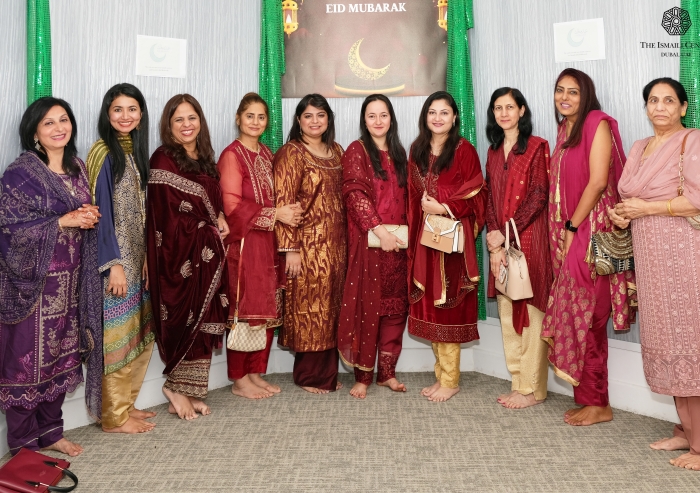"The spirit of the Knowledge Society is the spirit of Pluralism – a readiness to accept the other, indeed, to learn from him, to see difference as an opportunity rather than a threat."
His Highness the Aga Khan, AKU Convocation, Karachi, December 2006.
This quote conveys the importance His Highness the Aga Khan places on pluralistic values which are also rooted in the United Nations (UN), an inter-governmental organisation that celebrates an anniversary of seventy-five years this October.
The UN mindset has allowed its organization to thrive on the international stage by stimulating co-operation between nation-states, and encouraging multilateralism, where three or more parties work together to solve a current global issue.
The UN was founded in 1945, after the Second World War, with the aim of ‘maintaining international peace and security, developing friendly relations amongst nations and promoting social progress, better living standards, and human rights.’
In addition to enabling and sustaining the culture of multilateralism, the UN continues to increase awareness of key issues facing the globe in terms of challenges and progress, while putting in place tools and programmes for all to benefit. One of these programs is the Model United Nations (MUN). MUN facilitates the younger generation to discuss the current socio-political climate in a safe learning environment, as they sharpen their thinking as global citizens at a micro and macro level.
In its purest form, the MUN is a simulation of the de facto proceedings that occur during the United Nations conferences themselves. MUN empowers its delegates to develop skills in public speaking, debate, critical thinking and leadership. Each delegate is assigned a nation/state pre-conference and a topic that they research to debate in their committee. Mahir Hemani, winner of the Best Delegate of the Human Rights Council at the Ismaili Youth Model UN (IYMUN), believes that “it improves our skills in solving issues of global significance by finding potential solutions to resolve these issues."
The benefits of the younger generation attending MUNs led to the foundation for the inaugural Ismaili Youth Model United Nations (IYMUN) held at the Ismaili Centre Dubai last November. For the majority of the Ismaili youth, IYMUN was the first MUN conference they had ever attended. For this reason, the Student Officers team at IYMUN developed training modules for the delegates to get familiarised with MUN procedures. “Some of the chairs, including myself, were chairing their first conference. “Personally, I was surprised, but not shocked, by the high quality of the debates that were put forward by the delegates in my committee, the Human Rights Council (HRC). They were top-notch, which was unusual for first-timers to produce” said Zain Sadruddin, winner of the Best Delegate of the General Assembly at IYMUN. "While IYMUN has brought my attention to the importance of dealing with global issues through lobbying and the utilisation of geopolitical relations, it has also highlighted attributes that contribute to making a successful leader." Moreover, during his time at various MUN conferences, Zain also recognised the importance of multilateralism as a key to having successful solutions to the global issues we face today.
As the United Nations completes 75 years, it is vital to keep having conversations about current issues of global significance, especially with the continuous changes that affect the world. Furthermore, it is increasingly critical for the younger generation to engage in these discussions as the world progresses in an unknown direction.
His Highness the Aga Khan continues to advocate and espouse many of the principles that guide the UN, from diversity and pluralism, to education and inclusion. One realisation of these concepts is the Global Centre for Pluralism (GCP), headquartered in Ottawa, Canada. To date, The GCP has created the Global Pluralism Award, which recognises and acknowledges those individuals and groups who are contributing to pluralism in their communities. The GCP also creates dialogue and opportunities to learn, while understanding and developing best practices for applying pluralism as a key component of a community's social structure.
Adapting the principles of pluralism while continuing dialogue, will enable us to keep an open mind and understand what the other viewpoint has to offer, creating the vision of the GCP:
‘a world where human differences are valued and diverse societies thrive.’
Author: Alizain Babul







